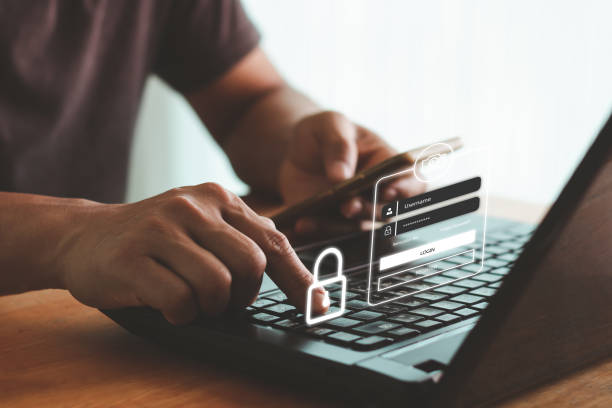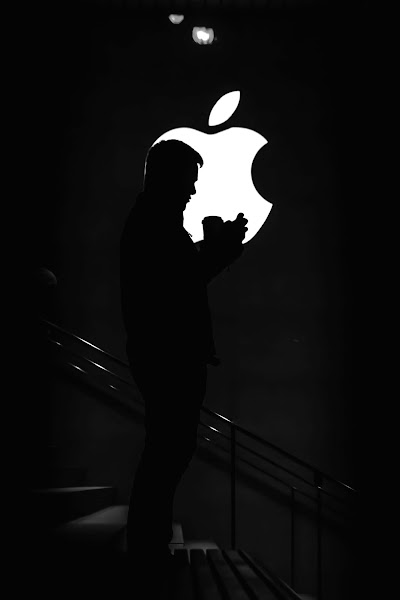With its much-awaited iOS 18, Apple is now launching an app called Passwords, created to help improve one of the oldest but least-tampered-with needs when it comes to digital security: password management. Now, the 'Passwords' app is downloadable on iPhones, iPads, and Macs. In an effort to make the habits of how users store and protect their digital credentials seem less mysterious, Apple is hoping to bring about better password security to millions of people with this long-standing feature being moved into a dedicated application.
All New Standalone Password Manager
Years ago, Apple's Keychain system stealthily protected its users' passwords, so they never had to remember complex login information for every app and website. But with iOS 18, Keychain is revamped and placed into an app that is not only visible but friendly to users: the new passwords app gathers all login credentials and passkeys in one place, thus making them easier to control. And this finally speaks to the increasing focus of Apple on usability as well as security- the app promises to be easier to use than ever before for consumers who are hardly familiar with password managers.
Apple's new app was warmly welcomed by Talal Haj Bakry and Tommy Mysk from the security firm Mysk because it represented a far easier approach toward password management. According to them, it will also make users realise that password management is quite essential by giving users a secure default tool preinstalled on every Apple device. Interestingly, Passwords makes use of end-to-end encryption, meaning no one, including Apple, knows what is saved in your credentials.
Password Manager Features and Design
In terms of design, the Passwords app presents a minimal interface with six main sections: All, Passkeys, Codes, Wi-Fi, Security, and Deleted. All these can be used to securely store several types of information. It's particularly noteworthy in the Security section, as this would identify weak or compromised passwords so that one can work out improved login credentials.
Apple saves all the login details synchronised through iCloud, hence a user can always access his or her account in whichever device he may be using. However, users who want to maintain their privacy are given the option of turning off the syncing feature for certain devices. With Face ID protection, the app is secured from unauthorised access by others.
All the information previously saved will automatically migrate from Keychain to Passwords, including sign-in details from the Sign In feature from Apple.
Why Improve Your Password Habits?
Part of that effort is Apple's Passwords, introducing passwords with the goal of streamlining and encouraging better password practices among users. According to cybersecurity expert Siamak Shahandashti, making the Passwords app more notable is encouraging users to start embracing stronger passwords and be more meticulous in the digital sphere in general. To Shahandashti, existing authentication systems are too complex for everyday folks, and that's what he sees the Apple app doing- filing in the gap.
The other feature is that the app supports passkeys, which are considered to be the next-generation replacement for passwords. Passkeys provide better security without having you remember such long, convoluted passwords. To promote the passwordless security feature, Apple automatically activated an option available in the security setting that enables existing accounts to be updated to utilise passkeys when possible.
Impact on the Password Management Industry
With its entry into the password management space, Apple holds high potential to seriously disrupt long-standing players in this area, namely third-party apps. As the new Passwords app on Apple is integrated throughout its ecosystem and synced through iCloud, it can easily attract many users searching for an easy included solution instead of seeking third-party apps. Critics instead point out that Apple locks users into the system when it constrains ease of exporting data to other platforms.
Ultimately, with so many options in the market for password management, this new application from Apple can turn out to be the "one stop shop" for millions of users. It simplifies password management and strengthens security, and hence forms a great option for those who haven't adopted a password manager yet or are looking for an integrated solution.
All in all, Apple's Passwords app is a meaningful step forward in digital security, letting people manage their passwords and passkeys in a streamlined and secure way. For many, it may be the perfect solution toward solving log-in issues while also amplifying online security.














